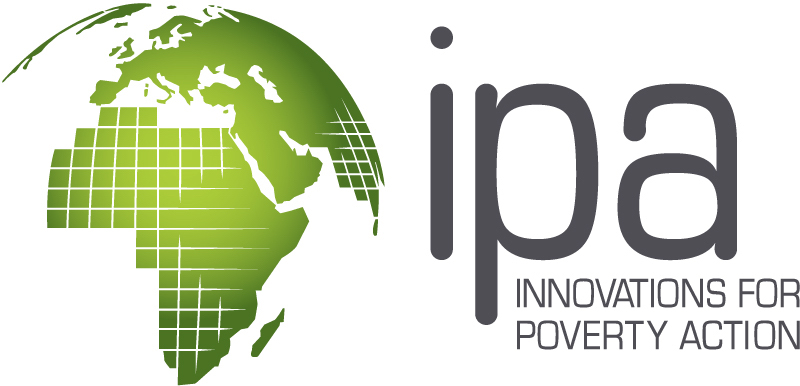Hi John,
A reminder that the following webinar will take place next Wednesday, December 8th. Please note the updated agenda and timing below. Thank you to those who have already registered; we look forward to your participation.
|
|
|
Despite predictions, remittance flows declined only slightly in response to the COVID-19 pandemic. In regions like Latin America and South Asia, remittance flows actually increased by 6.5% and 5.2%, respectively, despite high rates of global unemployment. Data from an IPA study in Nicaragua finds that formal remittances increased about 25% in the months following lockdown. This global rise in formal remittances could be attributed to a
shift from informal remittance flows to formal and digital channels, the latter of which is easier to track; more liquidity from social protection programs; or an increase in altruism.
In this webinar, Dr. Xavier Gine and Dr. Alejandro de la Fuente (World Bank) provide insights from Nicaragua on the drivers of this increase in remittances and its implications for the welfare of recipient households, and Dr. Lelys Dinarte will share insights from Mexico. They are joined by Dr. Robin Gravesteijn and Dr. Azar Sultanov (UNCDF) to discuss the broader evidence on financial inclusion impacts associated with the digitization of remittances. The webinar will be moderated by Tanvi Jaluka (IPA).
|
Speakers
- Xavier Gine, Lead Economist, Development Economics, World Bank
- Alejandro de la Fuente, Senior Economist in the Poverty and Equity Global Practice, World Bank
- Lelys Dinarte, Economist, Human Development Team, World Bank
- Robin Gravesteijn, Data & Research Lead, UNCDF
- Azar Sultanov, Migration Economist, UNCDF
- Tanvi Jaluka (Moderator), Program Manager, Financial Inclusion Program, IPA
Agenda
- Introductory Remarks
- Presentations
- Evidence from Nicaragua (Drs. Xavier Gine and Alejandro de la Fuente, World Bank)
- Evidence from Mexico (Dr. Lelys Dinarte, World Bank)
- Multi-country evidence from Africa and Asia (Drs. Robin Gravesteijn and Azar Sultanov, UNCDF)
- Q&A
|
|
